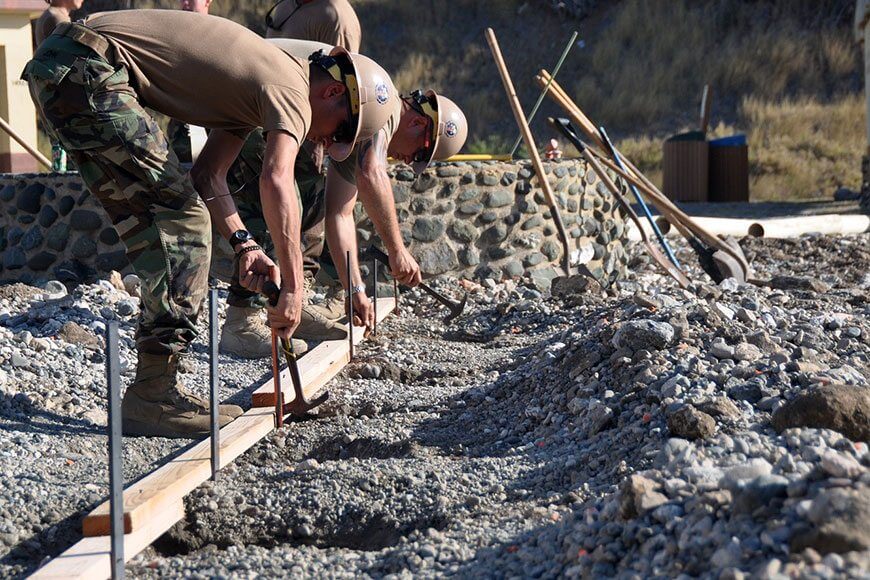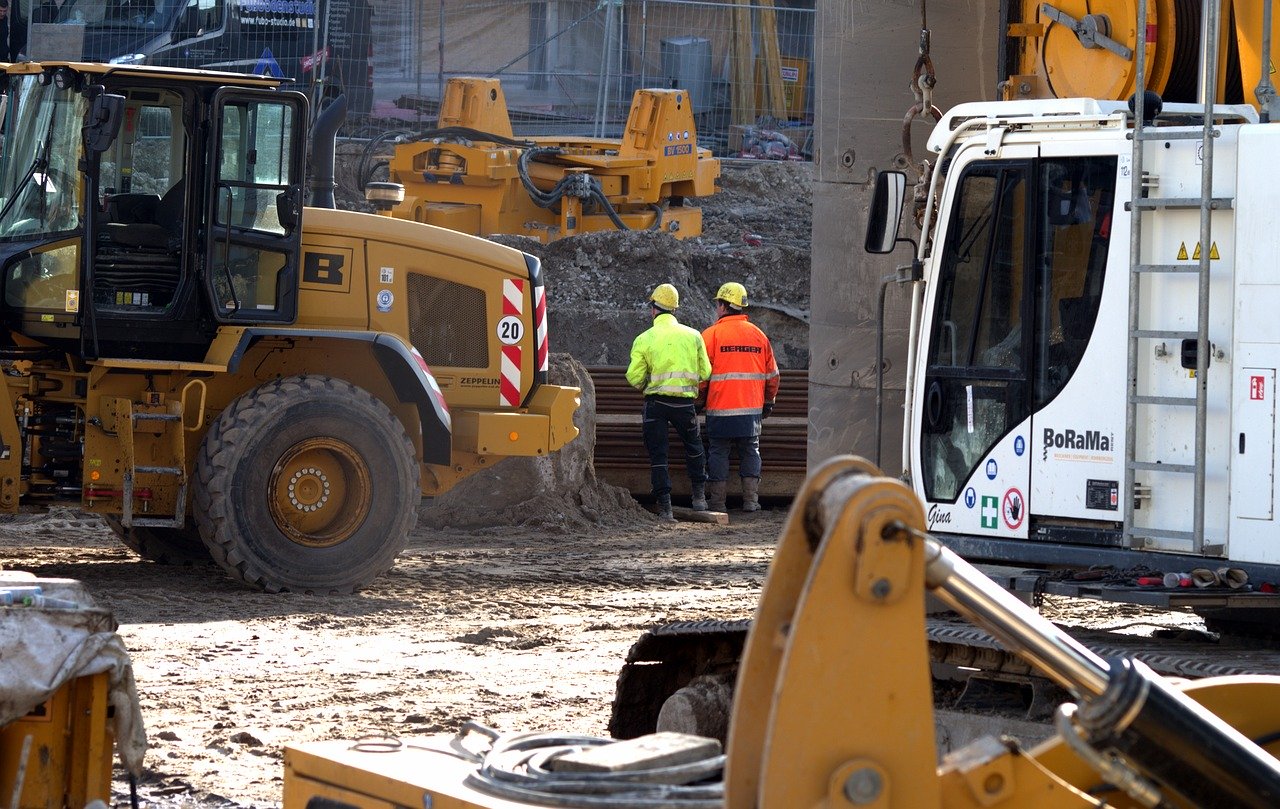All construction projects rely on a long chain of stakeholders that have to work together and communicate in a seamless way so that the scheduled tasks are completed on time and on budget.
Of course, everyone in the industry knows that it is almost impossible to go through a construction project without experiencing any kind of delays. However, this doesn’t mean that there is no way to reduce setbacks on your projects and prevent costly mistakes that could eventually lead to never-ending claims and legal disputes.
Free ebook: Why WhatsApp and Excel aren’t enough for running complex construction projects
This is where timely communication comes into the picture. Increasing the speed of response in your construction sites is the first step towards a project with full site visibility where all stakeholders are facing the same direction.
But how could you achieve that without facing death from a million apps or without getting drowned in a sea of disconnected information?
Well, it might sound complicated, or for some even impossible, but it really doesn’t have to be. As long as you have the right software in your toolbox, you can gradually gain back control of your project communication and bridge the gap between the boardroom and the construction site.
If you are now wondering what the right software means, we are simply talking about a digital tool that is industry-specific and has been both designed and built having construction as its one and only priority.
And the reason behind that is simple. Tools like WhatsApp, Messenger, email, or even Excel might be great but they are not enough for effectively managing your projects because they fail to provide this valuable link between the updates from the site and the 3-6 week lookaheads or the master schedule.
Read more: Good communication on the job site – Connect your teams and see everything
For you, as a project manager or project director, this simply means that decision making around every update you receive from the site becomes much more difficult because you lack a clear overview of everything that is happening on site. In other words, the less you see the slower your response to updates from the field. Unfortunately, this applies to your project teams and subcontractors, as well.
Once again, then, it becomes easily clear how important site visibility is for reducing downtime and ensuring seamless communication in your projects.
The three steps to faster communication between the site and the office
In an attempt to help you escape the nightmare of fragmented communication and the admin burden that follows with it, we present below the three steps that will allow you to increase the speed of response in your construction sites. So that you can deliver successful projects sooner and cheaper:
1. Choose construction-specific digital tools
We already mentioned above the importance of implementing industry-specific digital solutions to your construction projects but we can’t stress this enough. You might have the greatest people on the field but without the right tools on their hands, they are unable to get your project going.
At the same time without a shareable on-site live view of your project, you will also find it extremely challenging to stay on track with each team’s progress. That being said, you could quickly see yourself spending almost half of your time chasing updates and writing reports that are outdated the moment they are issued. The result?
- Speed of response and, by extension, speed of reaction will be extremely low.
- Subcontractors will show up on site in vain.
- Your project will be vulnerable to commercial claims.
- Handovers will be delayed and customer dissatisfaction will rise.
An industry-specific tool, like LetsBuild for example, could help you gain full task visibility in real time and enable you to collaborate effectively with multiple stakeholders, make better decisions faster, and keep your project going with as few interruptions as possible.
2. Rely on a single data source
In this blog, you must have repeatedly read about the importance of having a single source of truth for your projects. Again, the goal behind it is quite simple. Using one data source ensures better communication and significantly reduces administrative workload.
On top of that, by centralising all project communication it becomes easier to secure project progress as everyone will remain focused on the schedule and always feel confident that no crucial information is overlooked or missing.
Apart from better communication, a single source of truth can also help you raise the bar of your quality management processes. All quality and safety checks will now be easily linked to the main plan and critical issues will be resolved as you go leaving no room for costly surprises during handovers.
Find out also: 5 practical tips for good communication between project teams
But the speed of response may refer also to how effectively you and your site manager address claims. By having all critical information in one place, you can find and retrieve within a few hours that one email or photo that could protect your project against commercial claims. That’s extremely powerful considering the time and effort that is normally required to fight claims in a construction project.
This is also another proof of how important it is to implement construction-specific tools in your projects as they can provide you with a safe single data source that is open to all project stakeholders.
3. Standardise to fight admin burden
Standardisation has already started to become an essential part of the new normal in construction. It might take different forms depending on the sector or the project you are involved in but the main concept is always the same. Adding more predictability to your production and gaining more control over the different aspects of your projects.
It goes without saying that by fueling standardisation and task repeatability you have a unique opportunity to improve your project’s communication, as well.
For instance, by introducing easy-to-use standardised inspection forms and checklists you can significantly accelerate the communication around quality management in your projects. In the long run, this could lead to faster resolution of non conformities, fewer mistakes, and by extension faster project delivery.
So it becomes easily evident that repeatability and effective decision making goes through good communication. The better connection between the site and the office the better the site visibility for you and your teams.
Repetitive as it might sound, everything goes again back to our first point. The implementation of construction-specific tools that can support a seamless way of connecting with multiple stakeholders in your project.
How to keep everyone in your project on the same page
At the end of the day, good communication in a construction project is all about keeping everyone aligned. That’s the only way mistakes can be prevented or at least resolved as quickly as possible.
In this article, we presented some of the first steps you need to take in order to achieve your goal. Nevertheless, this is only the beginning.
In an effort to help you gain full visibility and control over your projects, we invite you to download our detailed ebook on the importance of industry-specific tools for your project.
It’s completely free and you can download it just by clicking below:





